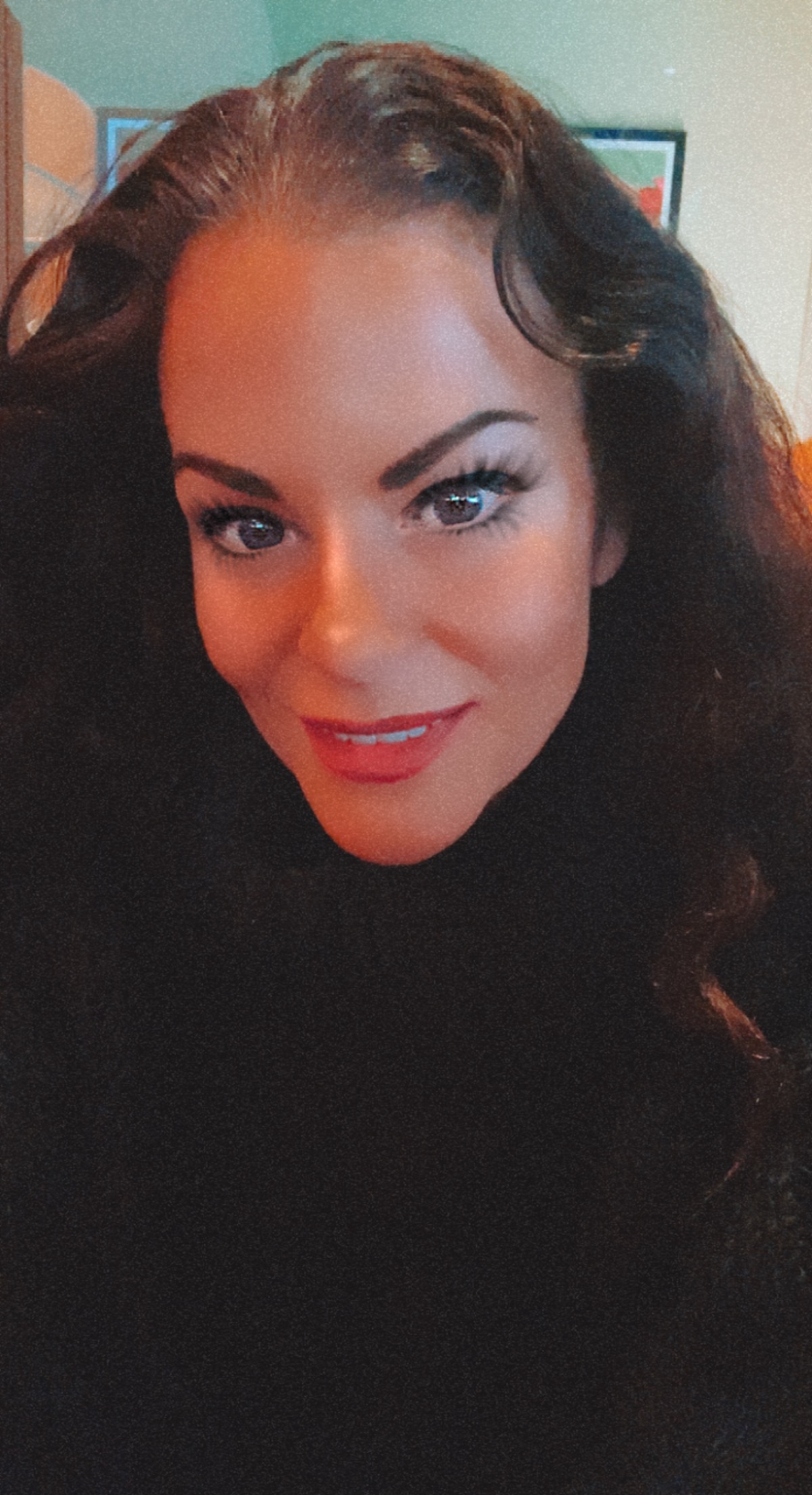For those who live and love Reiki, this ancient Japanese healing technique is more than magic
- 𝔾𝕖𝕞иꏂꌩꏂ MariaZucchero
- May 2, 2023
- 1 min read
Updated: May 30, 2023
For those who live and love Reiki, this ancient Japanese healing technique is more than just a practice. It's a way of life that brings balance and harmony to the mind, body, and spirit.
Reiki, which means "universal life force energy," was developed by Mikao Usui in the early 1900s. It involves the transfer of energy from the practitioner to the recipient through touch or near-touch.
Reiki is not a religion, nor is it associated with any particular belief system. It is simply a natural healing method that promotes relaxation, reduces stress, and enhances overall well-being.
Those who practice Reiki understand that our bodies are made up of energy and that disruptions or imbalances in this energy can lead to physical, emotional, and spiritual issues.
By using Reiki to balance and harmonize this energy, practitioners can help alleviate a wide range of conditions, including chronic pain, anxiety, depression, fatigue, and more.
But Reiki is more than just a healing modality. It's a way of life that encourages mindfulness, compassion, and self-care.
Reiki practitioners often incorporate daily practices such as meditation, journaling, and self-reflection into their routines. They understand that taking care of themselves is essential to maintaining a healthy and balanced energy system.
For those who live Reiki, it's not just about the healing benefits. It's about taking responsibility for their own well-being and living their best life.
Whether you're new to Reiki or have been practicing for years, it's important to remember that it's a journey, not a destination. By staying open to the possibilities and embracing the teachings of Reiki, you can continue to grow, heal, and thrive.




Comments